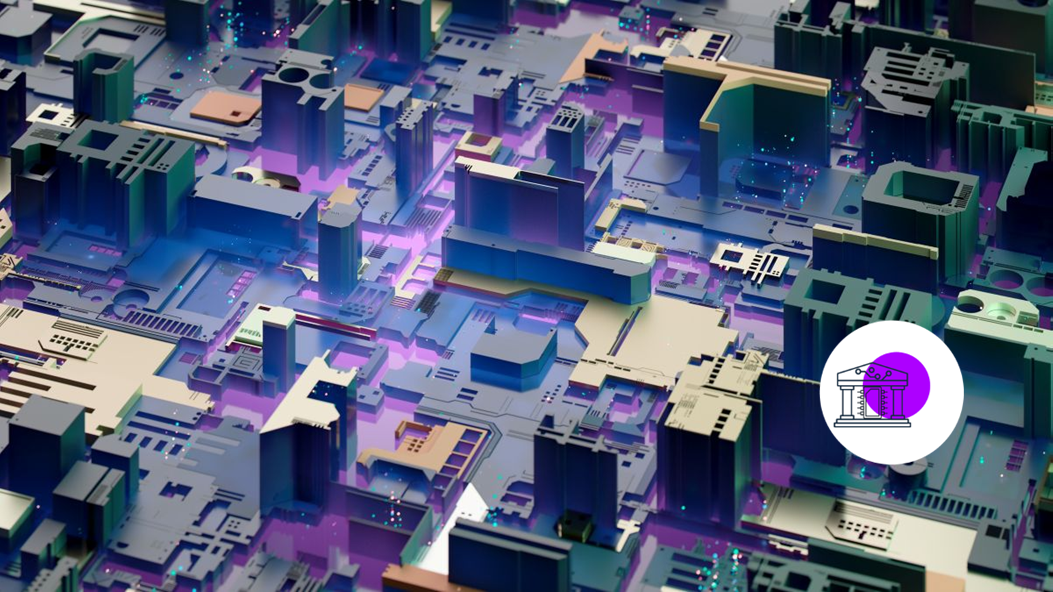Event round-up: How edge computing holds the key to industry 4.0
On 28 April, techUK hosted the inaugural edge computing panel How edge computing holds the key to industry 4.0. techUK was joined by John Hall, Head of Strategy & Portfolio Atos International, Rita Kozlov, Product Manager of Cloudflare Workers, Cloudflare, and Andrew Rogoyski, Innovation Director, Roke Manor Research. The discussion was chaired by Laura Foster, Programme manager, technology & Innovation, techUK.
This panel aimed to navigate the benefits of deploying edge computing as part of a wider journey of business innovation. Over the next hour, the panelists would seek to understand why key industries were driving use cases forward and what this meant about current adoption of edge computing.
Edge computing can have many definitions
The panel kicked off by defining what edge computing means in the context of industry 4.0. Edge computing, whilst not new, is undeniably intertwined with how it interacts with other forms of emerging technologies, meaning that two people could have diametrically opposing views on what 'edge' means. This lead Rita to pose the question, the edge of what? To ameliorate this, Andrew defined edge computing through the changing uses of terms associated with edge. He argued that there was a visible change in discussing edge computing in generalities – such as it’s role with IoT, and moving towards discussing the practicalities of edge computing. This included edge power allocations, edge connectivity and the use of AI and neural networks, indicating a move in the ecosystem towards discussing edge through it’s application.
Whilst it is important to understand the changing way we discuss edge computing, there is undeniably an distributed computing paradigm. According to John, edge brings intelligence to IoT. Therefore, edge is what makes smart devices ‘smart’
However, all panelists agreed that a business needs to define its edge computing use case through the value that it will bring.
Edge and cloud can work together to drive business transformation
As the conversation progressed, panelists began to navigate the relationship between edge and cloud computing. Rather than viewing the two technologies at the opposite ends of a pendulum, edge and cloud are complementing technologies. For example, edge computing can streamline which data is sent to the cloud. Alternatively, when time-sensitive analysis is needed, edge computing has clear benefits.
Both edge and cloud have their benefits for data processing. One of the biggest advantages of edge computing is the potential of zero latency, which will be crucial for developing use cases like autonomous vehicles.
COVID-19 is accelerating adoption in key industries
COVID-19 has accelerated the rate of adoption around edge computing alongside other forms of emerging technologies like cloud. It is pushing people to experiment. The sudden increase in remote working which is expected to stay after the lockdown is lifted is one example discussed. However, the panelists highlighted healthtech as an example, where there has been a push to remote care and video appointments. This is putting emphasis on healthcare in the home which gives patients more autonomy over their treatment. Edge computing could expand this autonomy long-term. For example, by placing smart devices in the home of the elderly to spot and alert any anomalies in behavior, and healthcare workers will only need to visit a patients home if necessary.
COVID-19 means that society becoming more collaborative in helping one another. Edge computing, through decentralizing data, could play a crucial role in this collaboration. However, this goes against a growing trend to centralize data within a country because of security and privacy concerns. Whilst these concerns are justified, the panelists emphasized the need to work towards trust in sharing data to allow edge computing to realize its full potential.
Ultimatley, it's all still to play for
For business-to-business adoption of edge, solution providers who can build out complete value chains will dominate. This does place current larger players at an advantage and smaller businesses are going to have to define what role they want to play in the value chain quickly.
Andrew emphasized that whilst this is the case, there will always be niche use cases. He stipulated that data security, the micro edge and IoT devices are all to play for.
This was the first panel of techUK's work on edge computing. If you would like to learn more, please reach out to [email protected]


